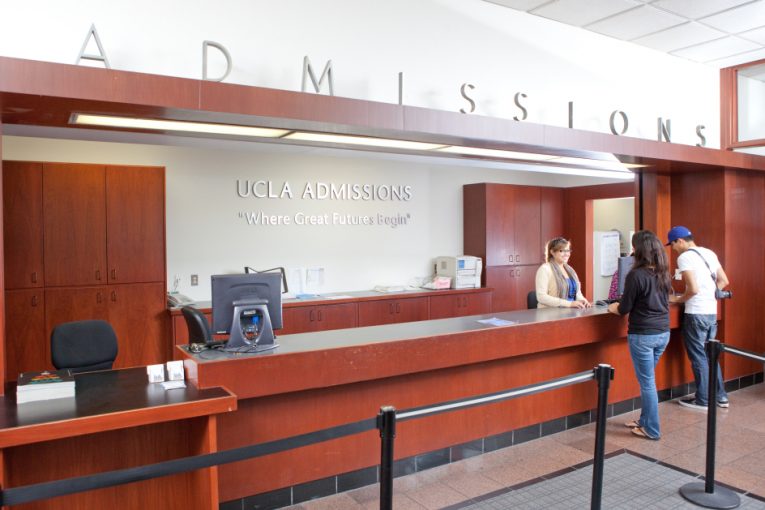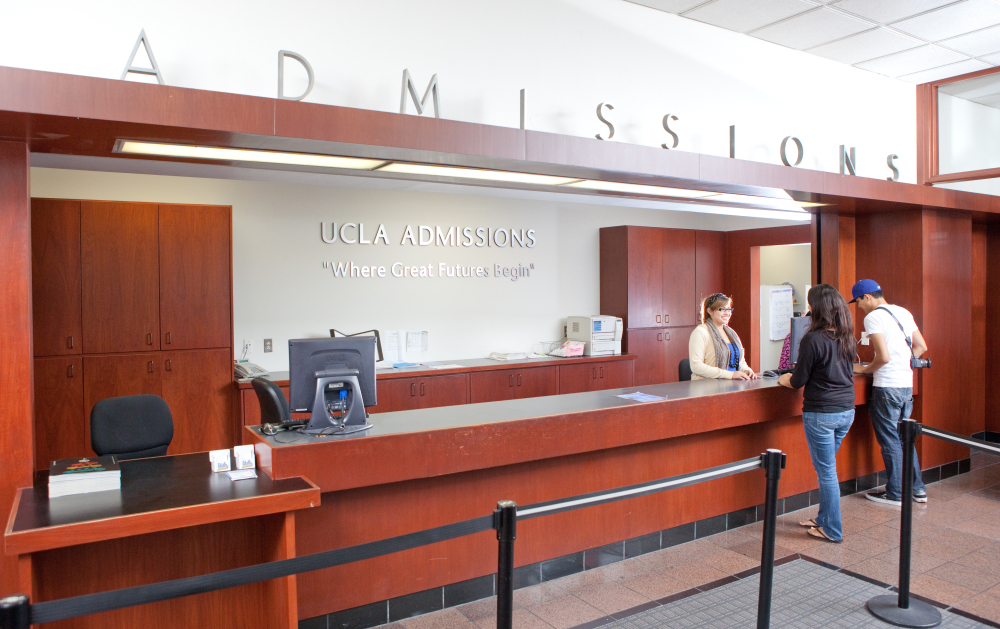

By Rachel Kim
LOS ANGELES — On April 23, my friend, Aviv*, received an email from UC Berkeley’s Undergraduate Admissions Team about whether or not they will attend Berkeley in the coming 2021-2022 academic year. But for Aviv, it wasn’t good news… well, kind of.
After pushing through the grueling admission season—a process even more stressful for transfer students who have to wait a month more than the freshman class for their final decisions be to be released—Aviv clicked on the email link and became disheartened upon seeing the words “Thank you” rather than “Congratulations” with computerized confetti. However, after three more seconds of reading the depressing letter, the words “Wait list Opt-In Form” paraded their eyes.
Aviv, a student at UC Santa Barbara, studies Political Science with a minor in Global Studies and Art History. Currently holding an exceptional GPA at 3.98, an undergraduate research assistant for the Art History Department, and a writer for multiple student publications including UCSB’s student-run newspaper, The Bottom Line, Aviv had high hopes for a Berkeley acceptance, especially after Berkeley’s admission offers rose last year.
“I was waitlisted into Berkeley and UCLA when I applied for my freshman year two years ago. Sadly, I was rejected. Those two being my top school choices, I decided to apply again this year. I absolutely loved my time at UCSB, but there’s just so many opportunities up in LA and San Francisco that I couldn’t pass up the opportunity to apply again. But seeing as I was waitlisted into Berkeley for a second time, I can’t help but feel discouraged,” Aviv stated.
They continued by stating, “Even with COVID, I was able to maintain a high record and, you know, really utilize every resource that UCSB offered me to show that I could truly be an outstanding student at Berkeley. I don’t know how much more I could have poured myself into the work I did to get an acceptance.”
However, Aviv’s waitlist letter probably came due to the exceptional number of applicants this year, not for the lack of an impressive school resume.
According to the Los Angeles Times’s Teresa Watanabe, with a remarkable surge of Black, Latino, and other underrepresented students seeking acceptance into the UC system, the UC saw another record-breaking UC admission season with a total of 249,855 applicants across the nine campuses.
For schools like Berkeley and UCLA, the Class of 2025 and new transfers saw the single most challenging year to be admitted into the prestigious universities, with Berkeley’s freshman applicants at a total of 112,821 (a 28% increase from 2020) and transfers at 22,187 (an 8% increase), and UCLA’s freshmans at 139,500, a significant increase by 28% from 2020’s 109,000 applicants, and transfers at 28,500 with a 10% increase.
For Berkeley, these numbers are exceptionally high when comparing to the Class of 2024’s applicants last year with them coming in at 88,026 applicants.
This spike in applicants is linked to the challenges created by the pandemic. Because of the challenge that came with online instruction and staying at home, many high school students struggled to achieve the traditional gold standards of a strong UC applicant. Battling with the consequences of the pandemic led to difficulties in acquiring high to perfect marks in AP and honors courses, participating in unique extracurricular activities, and obtaining a competitive SAT and ACT test score.
But due to a court order issued by an Alameda County Superior Court judge, the UC was forced to drop the standardized testing requirements or make it optional after a lawsuit claimed that the exams are “broadly biased — and particularly detrimental to students with disabilities who seek to take the test during the coronavirus crisis.”
Lifting the SAT and ACT also allowed an immense amount of underrepresented students and women to have the opportunity to apply to colleges they couldn’t before. Many low-income students cannot afford prestigious SAT/ACT tutoring programs, resulting in average exam scores.
But with a focus on grades, extracurricular activities, and personal statements, admissions officers followed a more holistic process and no longer felt the need to deny entry to deserving students that performed well in school and had interesting, unique backgrounds but low SAT scores.
But this spike also meant that a lot more applicants were denied or waitlisted as the acceptance rates for the UC did not drastically change. And whether or not one can make it off the waitlist is not exactly predictable.
Gary Clark, UCLA’s Director of Undergraduate Admissions, said, “There are some years when we go to the waitlist for a good number of students, but there are other years when … there may be very, very few waitlist offers. So what happens in a previous admission cycle is not a predictor of what’s going to happen in a future admission cycle because every year is going to be different.”
Last summer, due to the thousands of admitted students that decided to pass on a year of college life at home, UCs scrambled to fill these empty seats tapping into their waitlist offers ferociously.
According to Berkeley News, the campus was “$340 million short of its budget projections” for the 2021 fiscal year as they faced a loss of 800 students last fall. As a result, the campus admitted 571 more students off the waitlist than the previous year. In order to avoid any losses this year and “ensure enrollment goals can be reached, several UC campuses extended at least the same number or more of waitlist offers this year.”
But the problem is we have no indicators on how many students will be accepted off the waitlist this year. Even with the careful reopening of UC campuses in the Fall, an unexpected COVID surge is highly possible which can cause another wave of student losses, affecting waitlist actions again.
There is usually a projection of how many incoming freshman students will be accepted into the new term, but like Gary Clark said, it’s difficult to predict the waitlist acceptance and rejections because every year is different. There is no real constant.
“I think that the hardest part is not knowing,” said Aviv. “I can’t even guess if I can get in [to Berkeley]. I technically hit all their marks, but you never know in these cases. You just have to hope you’ll be lucky during this process. It really just comes down to luck.”
But even with much stress from the delirium of being waitlisted, on April 28, Aviv received an email from UCLA’s Undergraduate Admissions Team. They screamed with much delight after seeing the bright blue and yellow congratulatory banner that plastered the computer screen. #UCLABOUND.
Aviv joyfully remarked, “I’m happy to announce that I will be attending UCLA in the Fall. Even if I’m accepted into Berkeley, I’ll continue to choose UCLA. I know I should be grateful for even getting a waitlist offer, but let’s look at the facts. I’ve been waitlisted twice from Berkeley now. I want to choose a school that chooses me as first place, which UCLA did. Maybe that makes me seem bratty, but UCLA accepted me and I couldn’t be happier to be a Bruin.”
*Aviv’s name was changed due to the interviewee’s request for anonymity.
Rachel Kim is a writer for the LA Vanguard’s court watch and city news desk. Originally from Los Angeles, she currently attends UCLA as a Sociology major and hopes to bring light to injustices in our court system and show the important events that are going on throughout LA County.
To sign up for our new newsletter – Everyday Injustice – https://tinyurl.com/yyultcf9
Support our work – to become a sustaining at $5 – $10- $25 per month hit the link: